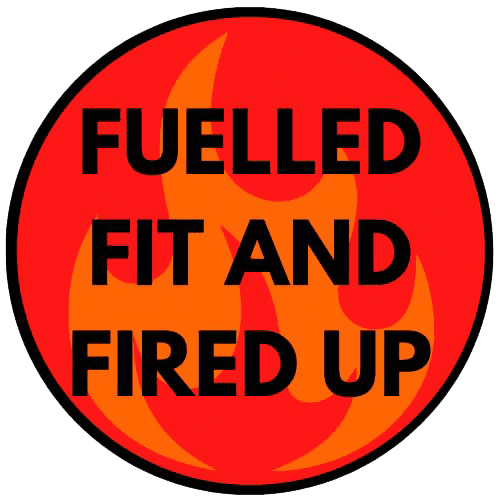
Look Back, Plan Forward
🌟 Navigating the Future by Understanding the Past 🌟
Mark Twain is often attributed with saying, "History doesn't repeat itself, but it does rhyme." This quote, while capturing Twain's wit and insight into the cyclical nature of events, serves as a reminder that while exact events may not recur, patterns and themes in history tend to have similarities or echoes over time.
It's a compelling thought, especially when considering the lessons we can learn from the past to inform our decisions in the present and future. How might this perspective influence your approach to business strategy and leadership, particularly in recognising patterns that could inform future decisions?
📈🔄 Historical Patterns in Business
Every industry has its cycles - from the dot-com bubble to the rise of social media giants. By studying these trends, we can identify patterns of growth, disruption, and consumer shifts. For instance, the transition from brick-and-mortar to e-commerce showed us the importance of digital presence. Now, with the burgeoning field of AI, what historical lessons can we apply to stay ahead?
📚💡 Learning from the Past
The most successful leaders are those who learn not just from their experiences but from history's vast repository of wisdom. This involves not just understanding what happened, but why it happened and how similar circumstances can be navigated today. For example, examining how businesses adapted during the Great Depression can inspire strategies for resilience and innovation in times of economic uncertainty.
🏆🔍 Case Studies
Consider how Netflix pivoted from DVD rentals to streaming, foreseeing, and shaping the future of entertainment consumption. This move, grounded in understanding past media consumption trends, positioned Netflix as a leader in a new era. Similarly, Apple’s continuous innovation, drawing lessons from both its triumphs and missteps, showcases the value of learning from the past to reinvent the future.
🚀🛡️Future-Proofing Strategies
To future-proof your business, stay curious about historical business cycles, technological advancements, and societal changes. Foster a culture of learning and flexibility within your organisation, encouraging teams to adapt and innovate. Embrace technologies that align with future trends, but don’t forget the human element – understanding customer behaviour and needs has always been and will continue to be key to business success.
🛠️💡Integrating Historical Insights into Your Business Strategy

As we've explored the importance of understanding the rhythms and rhymes of history to navigate the future, here are some actionable steps you can take today to begin leveraging these insights in your business.
📚🔍Conduct a History Review
Set aside time each quarter to review the history of your industry, focusing on major shifts, successes, and failures. This can help you identify patterns that might inform your strategic decisions.
🤝💡Create a Learning Group
Form a learning group within your business dedicated to exploring historical case studies and their relevance to current challenges and opportunities. This fosters a culture of curiosity and continuous improvement.
🕰️🔍 Use SWOT Analysis with a Historical Lens
When conducting SWOT analyses (Strengths, Weaknesses, Opportunities, Threats), incorporate historical trends to inform each category. This approach can provide a richer, more informed context for your strategic planning.
🎤✨Engage with Thought Leaders
Regularly engage with thought leaders and historians who focus on business and economic history. Follow them on social media, read their publications, and, if possible, invite them to speak at a conference or team meeting.
🌐🔁 Apply Lessons from Outside Your Industry
Look for historical success stories and lessons from industries outside your own. Often, innovative ideas and strategies can be adapted from one context to another, offering fresh perspectives.
📖🖊️ Document Your History
Start documenting your own business’s history, including major decisions, turning points, and outcomes. This record will be invaluable for future leaders in your business to learn from.
🤔🛡️Reflect on Your Business’s Resilience
Reflect on how your business has navigated past challenges. What lessons can you draw from those experiences to bolster your resilience and adaptability moving forward?
📢👥Share Insights with Your Team
Share historical insights and lessons learned with your team during meetings or through internal communications. This helps build a shared understanding and appreciation of the value of historical perspective in strategic planning.
While we can't predict the future with certainty, we can prepare ourselves to face it more effectively by understanding the rhythms and rhymes of history. This not only helps in anticipating what’s next but also in making informed decisions that pave the way for success in an ever-changing world.
Have a brilliant week!
Dave Rogers, Chief Business Explorer, Fuelled Fit and Fired Up
At Fuelled Fit and Fired Up, I use my curiosity to help you build a better business.
Are you looking for a speaker who thinks a little differently? Let’s talk.
Contact me at info@fuelledfitandfiredup.com to find out more.



